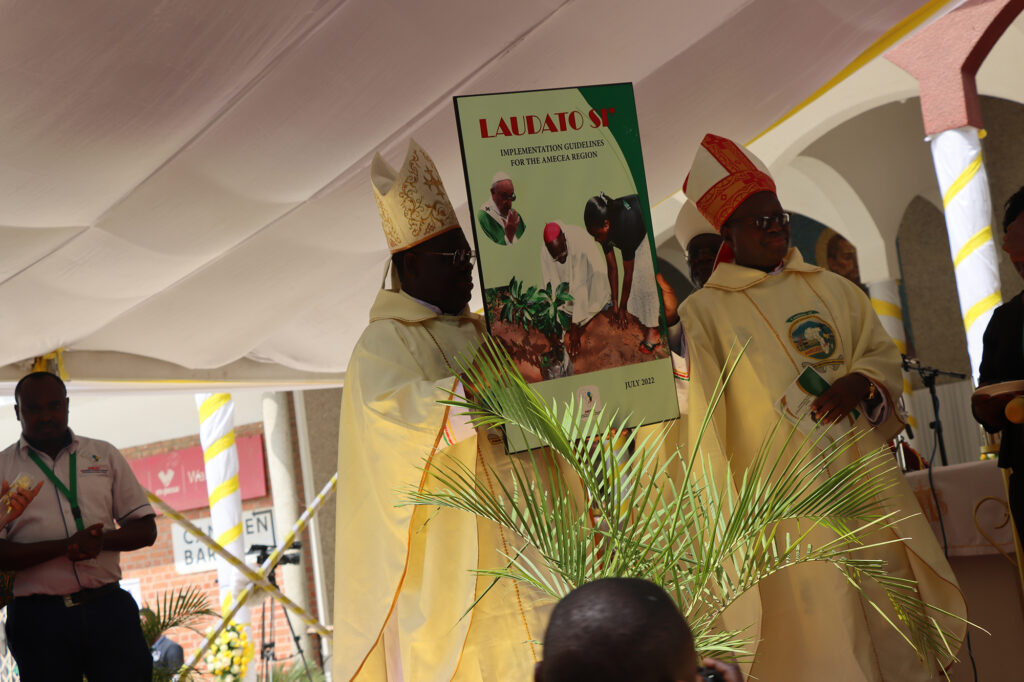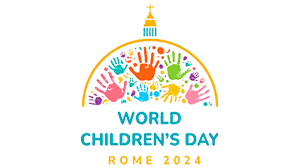AMECEA PLENARY: AMECEA Laudato Si’ Guidelines touch the Vulnerable

The newly launched Laudato Si guidelines for the Association of Member Episcopal Conferences in Eastern Africa (AMECEA)
Luke Bisani
The newly launched Laudato Si guidelines for the Association of Member Episcopal Conferences in Eastern Africa (AMECEA) are set to strive on addressing environmental challenges and responding to climate change in the region.
At the launch of the guidelines, Chairman of the Integral Human Development Bishop Rogath Kimaryo said the guideline document for the Laudato Si has seven chapters whereby the two are addressing the vulnerable.
“Chapter one is about Response to the cry of the Earth; and the second chapter is about the Response to the Cry of the Poor,” said Bishop Kimaryo during Mass of the closing of AMECEA 20th Plenary Assembly in Dar es Salaam-Tanzania.
He then revealed that the third chapter of the guidelines, focuses on Ecological Economics, while the fourth focuses on Adoption of Sustainable Lifestyles in the Region.
The fifth chapter on the Laudato Si guidelines centers on Ecological Education with the sixth one striving to address Ecological Spirituality, and the last chapter of the guidelines has taken matters of Community Engagement and Participatory Action at heart.
Bishop Kimaryo then said that these guidelines must stream down to Small Christian Communities (SCC) where they should be discussed during meetings. He further called for the translation of the guidelines into the local languages of countries in the AMECEA region.
The Response to the Cry of the Poor is a call to promote eco-justice and defend human life from conception to death, and all forms of life on Earth while the Response to the Cry of the Earth strives at calling for protection for our common home for the wellbeing of all human kinds, as we address the climate crisis, biodiversity loss, and ecological sustainability.
For ten days, the Catholic Bishops and other prelates met in Tanzania for the 20th Plenary AMECEA Assembly held under the theme Environmental Impact on Integral Human Development.
The delegates appreciated the need for action on mother nature following man’s action toward her.


